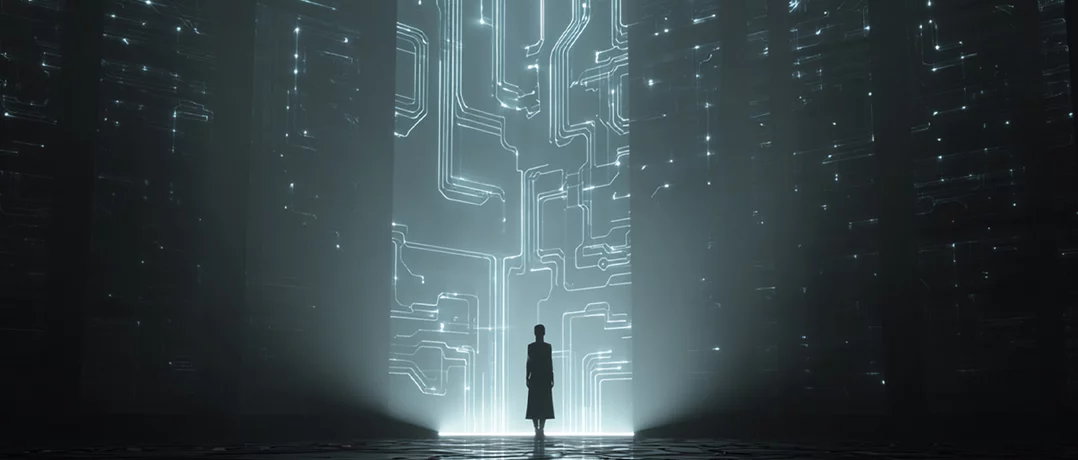Elon Musk predicts AI and robotics could make work optional, reshaping economy and human life.
Work could become optional in the next 20 years
Work could become optional in the next 20 years


Imagine a world where going to work isn’t a necessity, it’s a choice. That’s the future Elon Musk envisions. The Tesla and SpaceX CEO told the U.S.-Saudi Investment Forum that within the next decade or two, artificial intelligence and robotics could make traditional work largely optional.
Musk painted a picture of work as something people do for fun, not survival. “It’ll be like playing sports or a video game,” he said, comparing it to growing your own vegetables: harder than buying them, but rewarding for those who enjoy it.
At the heart of Musk’s vision are humanoid robots like Tesla’s Optimus. He predicts that AI and robotics could make goods and services so abundant that poverty could be eliminated. “This could be the biggest industry… bigger than cellphones,” Musk said, highlighting the massive economic potential.
Rethinking money and labor
Musk even speculated that currency could gradually lose relevance in a world dominated by automation. Still, he cautioned that fundamental constraints like energy and physical resources will persist. Achieving this vision, he emphasized, will require “a lot of work.”
While Musk’s predictions sound futuristic, he was careful to stress the timeline is uncertain, “maybe 10, 20 years or something like that.” The path to optional work will demand massive technological and societal adjustments.
Musk’s vision forces us to ask: what will work mean when robots do most of the labor? Will money still matter? And how will humans find purpose in a world where work is optional? One thing is clear: the next 20 years could transform work and life in ways few of us have imagined.


